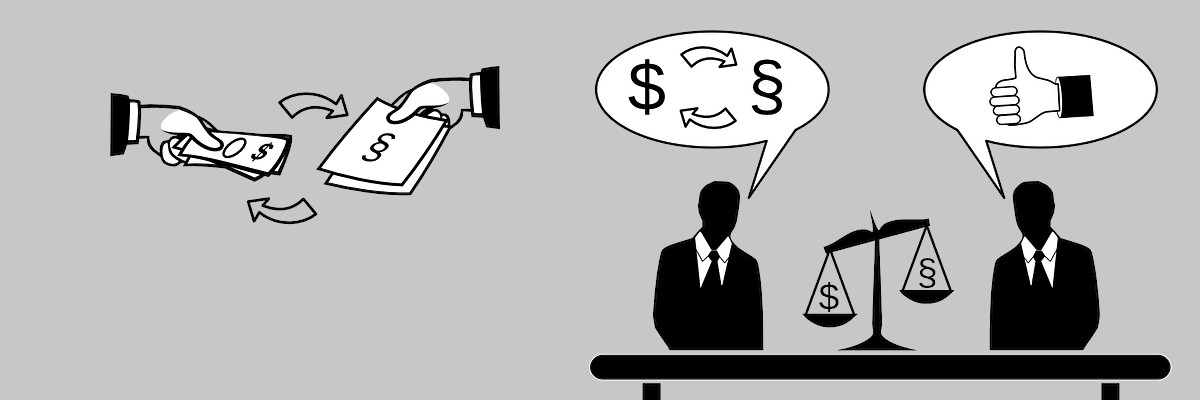What Big Tech Does With Your Data

Many say “I have nothing to hide” when you talk to them about why you dodge Big Tech tools, but what they don’t realise is that this information is used for many more things than just building an advertising profile about you. When you accept those terms, you’re signing up for a lot more than just one company taking a peek at your data, serving you some ads, and then letting it lie.
So next time someone is not convinced that all of this data going to Big Tech is a problem, point them to this piece and see if they still feel that way after reading it…

Personalizes
Does the web often feel familiar? That’s because data about you are used in order to feed you things that algorithms have guessed you’ll like. If you enjoy novelty, this is a bad thing; if you think diversity of information is a good thing then exactly the same. Remember that in order to facilitate this process a company needs to build up its store of digital markers; as you lean into it, they get to know you better and better…

Traps
Related to this, your personal data; likes, dislikes, wants, and desires, are used to keep you wherever makes money for the company in question. When it comes to social media, this means keeping you scrolling, burying the links which support the open web, and ensuring that you see as many ads as possible. The negative effects of social media overuse are so well documented that there are organisations which exist to help with this kind of addiction, as well as terms like ‘doomscrolling’ to describe ways in which people get stuck in bad online loops.

Advertises
Put aside the contextual ads for a second, something that we don’t think is really a problem, and let’s talk about those which are targeted at you. When you visit a website there is frequently a sophisticated auction process going on in the background which bags and tags you and then places a display ad that is tailored to your profile. It sounds like a marketing superpower, but targeted ads often pull from foundation of data that is junk (think about when you look at your recommended stuff after a big-ticket purchase on Amazon), and also that this process is quite creepy. Consequently, It doesn’t work anywhere near as well as the ad brokers would like to convince you, wasting compute, energy, and building up data silos about you which might just leak someday.

Complies
So much government surveillance is just corporate surveillance handed over. Big Tech has a history of working quite closely with governments, as cosying up to administrations in such a way allows them to keep making money (the tech industry also donates a considerable amount to political campaigns anyhow). Setting up a large-scale spying operation is a lot of effort for states, which frequently avoid big spending projects in order to keep voters and the media onside. What is a lot easier is just to ask a company which is getting that data for free. This ensures that both your social media provider and your state have incentives which are quite misaligned with your own.

Improves
If gathering data to supply you with more and more targeted advertising is the goal, and the company in question has a very large amount of money, then it follows that services will move towards gathering more data and serving more ads, not providing you with better tools. To this end you are an input in the process of enshittification:
Here is how platforms die: first, they are good to their users; then they abuse their users to make things better for their business customers; finally, they abuse those business customers to claw back all the value for themselves. Then, they die.

Stores
One quite simple law of the web is that the longer a piece of data is stored, the closer the probability that it ends up being hacked and leaked gets to 1. If you need to verify this then see if you’ve been pwned - and if you have been pwned then don't worry, we have a guide. These Big Tech companies for sure have more money to build up their walls to stop would-be attackers, but the bigger the prize, the more effort will be put in to trying to take it. Yahoo! have had a breach, Meta have had a breach, LinkedIn have had a breach; even the big guys get hacked.

Shares
If we look for example at dating apps, Tinder shares information with OkCupid, Plenty of Fish, and Match.com as they are all from the same company, creating a much greater surface area upon which problems can grow. Plenty of issues have arisen due to pathways between different apps (see: Cambridge Analytica) which means it is incumbent on you to think about where else data might go. Manage intra-smartphone and desktop permissions, or just avoid these tools altogether – the simplest route.

Influences
Targeted data gets used in political campaigns, so non-tech businesses will run big marketing campaigns on Big Tech ad networks, and ‘influencers’ build their networks using these tools. All of this means that these companies are very powerful, they are attached to everything and even alternatives often have to use their own ad platforms and tools (such as the Chromium open source project) in order to compete against them. Let’s not even get started on the lobbying…

Censors
Ever had a post taken down? Big Tech engages in all kinds of censorious activities in order to make money and not draw attention. Frequently this will pull in aspects of you, shadowbanning a profile if it has a history of posting things which might hinder this wider mission. This has happened with artists as with journalists; information wants to be free, art wants to be free, Big Tech wants to keep the advertising data flowing, these forces are frequently going to go in opposing directions.
In conclusion, Big Tech is doing a lot of things with your data other than just trying to put ads in front of you. Fortunately you're on the Mojeek blog, so Search Without Surveillance is just a click away.

